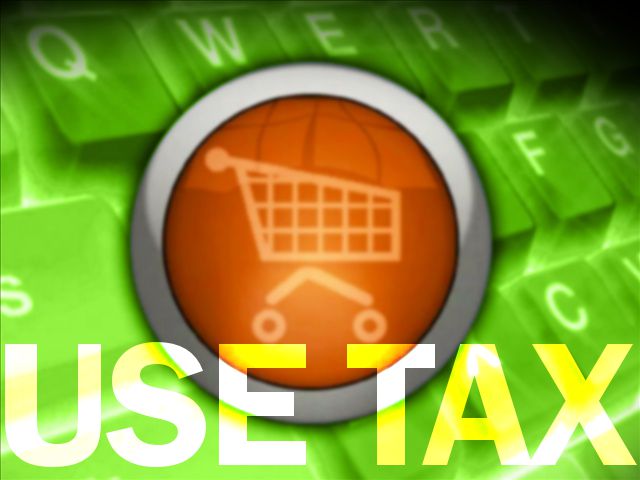While almost everyone has heard of sales tax, many business owners are unaware that most states have a “use tax.” State laws treat sales and use tax as two separate taxes, but in reality they act in concert to complement each other. Think of them as a “pay me now or pay me later” tax.
Sales tax, the “pay me now” tax, is paid to the retailer at the time of purchase. Generally speaking, traditional brick and mortar stores are required to collect state and local sales tax on retail sales. Many online retailers are not required to collect sales taxes on sales shipped to another state simply because they do not have a taxable presence there (typically, property or employees).
Use tax, the “pay me later” tax, is required to be remitted by the purchaser/consumer/end-user for taxable transactions where the seller/retailer did not charge sales tax (i.e., internet sales). Many purchasers are either unaware of this requirement or choose to ignore it. Some states provide clear guidance and a convenient method for remitting the tax (e.g., line item on the state sales tax return), while other states provide little to no guidance coupled with confusing remittance methods.
To summarize, if the transaction is taxable, and not taxed at the time of sale, the corresponding use tax is likely due from the purchaser.
For example, when a Minneapolis restaurant owner purchases new dishes at a Minnesota restaurant supply company (deemed a taxable sale), Minnesota sales tax would be due. However, if the dishes were purchased over the internet from a Wyoming retailer; and the retailer was not required to collect Minnesota sales tax, the restaurant would be required to self-assess and remit the applicable use tax to Minnesota.
As you might surmise from the above example, states have struggled with use tax collection and are looking to the Marketplace Fairness Act as a mechanism to increase sales/use tax compliance.
Last year, the Senate passed the Marketplace Fairness Act (MFA), which would allow state governments to require retailers without a physical presence in the state of the purchaser (Wyoming based restaurant supply from our example) to collect that states sales tax. The bill has been referred to a House of Representatives committee for review. If the bill passes the House, then it will likely become law as the White House has already expressed its support.
Proponents of the bill claim that it will help level the playing field between online retailers and brick and mortar retailers, and will also help struggling states increase their revenue. Opponents argue that it will hurt online businesses not only with price increases associated with collecting sales tax, but also from the potential cost to integrate a new accounting system to file and remit multiple sales tax returns. In an effort to ease this burden, the MFA provides for a “small-seller exception” which is applicable to sellers with annual gross receipts in total U.S. remote sales not exceeding $1 million.
As it currently stands, the bill would only allow states that meet certain minimum sales tax law/procedure simplification requirements to participate. The allure of increased sales tax revenue via the remote seller rule may persuade the non-compliant states to revamp their sales tax regimes to comply with the minimum requirements of the bill.
Whether you are a proponent or opponent of the Marketplace Fairness Act, it’s important to understand that a use tax responsibility has always existed on taxable transactions, where sales tax was not collected. The Marketplace Fairness Act is merely one of the latest attempts by Congress to address a major compliance problem.
—————-
Judy Vorndran, CPA, JD, is a Partner, and Alex Korzhen, JD, MBA, is a Manager with Eide Bailly, a top 25 CPA firm with 24 offices in 11 states. Eide Bailly’s National Tax Office serves as a resource for clients to help analyze complex tax issues related to business decisions.
Thanks for reading CPA Practice Advisor!
Subscribe Already registered? Log In
Need more information? Read the FAQs
Tags: Sales Tax, State and Local Taxes




